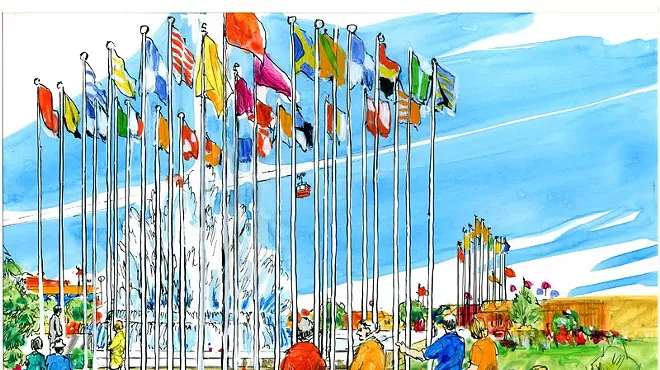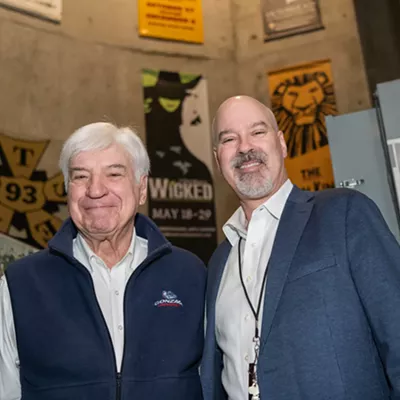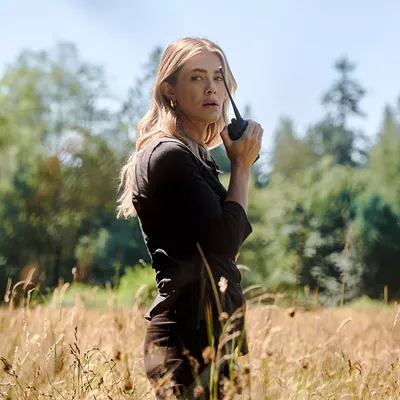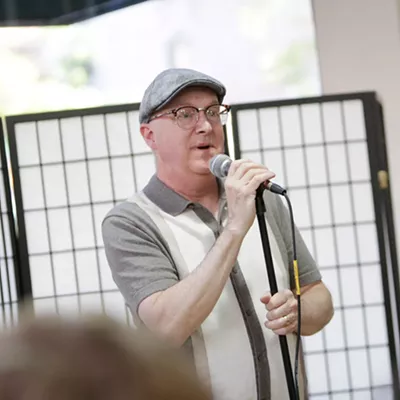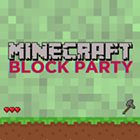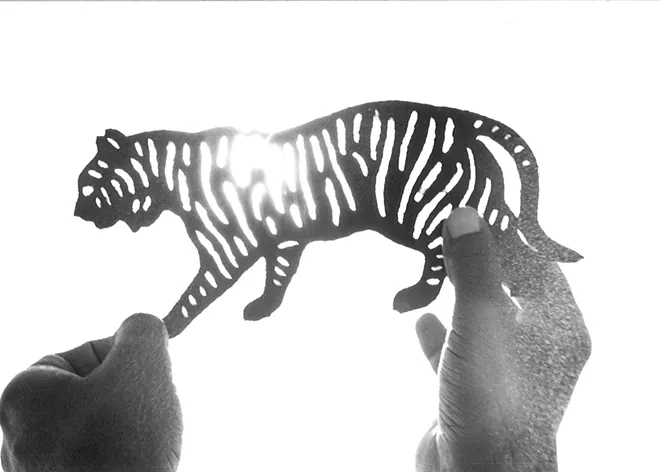
Amid hot air balloons, giant metal sculptures, flashy sailboats and a flashing Ferris wheel, a handmade sign with black lettering leaned against a small easel.
"I can tear your silhouette or anything you describe for $1.05," it read. Then, a sign-off from the artist. "... Gordon."
The man next to the poster was thin and neatly dressed, with glasses and a soft smile. His name was Gordon Vales, and this was his debut into the professional art world.
Vales was a Black man with intellectual disabilities whose knack for tearing paper earned him a spot at Spokane's Expo '74 — and eventually took him all over the world. Known by locals as "the silhouette man," Vales tore sheets of black paper into simple but accurate copies of faces, animals, superheroes or any idea a customer requested. In a minute or two he could replicate anything he saw or imagined, using only his hands.
Thanks to his initial success at Expo, Vales kept working at Riverfront Park for the rest of the decade, then moved to a park bench in Manito Park. He won an award in Japan for his unique creations and traveled to New York City to showcase his work.
In a time when people with intellectual disabilities didn't live outside institutions, Vales defied expectations, living in his own apartment, creating his own routines and becoming a recognized figure of the Spokane community. When he died in 2015, Vales was remembered not only as an artist, but as a pioneer for Spokanites with disabilities.
In 1939, Vales was surrendered to Lakeland Village in Medical Lake, an institution for people with intellectual and developmental disabilities. He was 4 years old. As far as who brought him to Lakeland, "I don't remember ever seeing them," Vales said in a 1971 interview with the Spokesman-Review.
Vales learned to tear silhouettes at age 6, thanks to a volunteer art teacher at Lakeland Village. Although elementary school teachers said Vales didn't retain information from semester to semester, others who later saw his artwork claimed he had a photographic memory. He was able to reproduce faces and complex shapes with only a few precise tears of paper.
"I have trouble with words, but I do alright if I take my time," Vales said in a 1980 documentary directed by local filmmaker Robin DuCrest. "I tear silhouettes by feeling. My hands know what to do."
When Vales was 20, he was released from Lakeland Village to live with his art teacher, Rhoda Williams, and her family.
"I felt very strongly that if Gordon had an opportunity to develop and use his artistic talent, then he could go a long way," Williams said in DuCrest's film.
Williams lived on a farm in Edwall, Washington. The small, conservative community petitioned to not let her family bring a Black man into their home. But the Williamses disregarded the petition, and Vales eventually won over the community by always showing up to Sunday school and tearing silhouettes of the church kids.
"Gordon arrives at the essence of what you are," said Fran Polek, a professor at Gonzaga University who was involved in DuCrest's film and interviewed by the Spokesman-Review in 1980. "He sees you as perhaps who you are instead of how you see yourself."
After living with the Williamses for a decade, Vales decided to be a vendor at Expo, another huge step of personal growth. He delighted fairgoers every day with profiles of them, their families, favorite animals and superheroes. Expo was an opportunity to earn money and showcase what he could do to a broader audience. He had dreams of going on a cruise and paying for trips with his art.
In 1980, Vales was able to move out of the Williamses' home and into a solo apartment on Boone Avenue. He paid some of his bills with income from the art he sold at Riverfront Park and the Spokane Interstate Fair. After some aggressive teenagers started bothering Vales at Riverfront Park, he would walk 4 miles from north Spokane to Manito Park every day to do his art next to the Park Bench Cafe.
"I think about good things when I'm walking," Vales said in the documentary. "The birds and how beautiful the world is."
Dana Hunter worked at the Park Bench as a teenager in the early 2000s. Her parents owned the popular neighborhood cafe and were affectionately told when they purchased it that Vales came with the cafe, too. They were thrilled.
"The only way to describe him is a gentle soul," Hunter says. "His work was amazing, and people really enjoyed seeing all the work that he would do. It was perfect every time. I think he just had a knack for seeing things in a different way than most people see it." ♦
To watch Robin DuCrest's documentary The Silhouettes of Gordon Vales, ask an archivist at the Inland Northwest Special Collections at Spokane Public Library's Central location.



